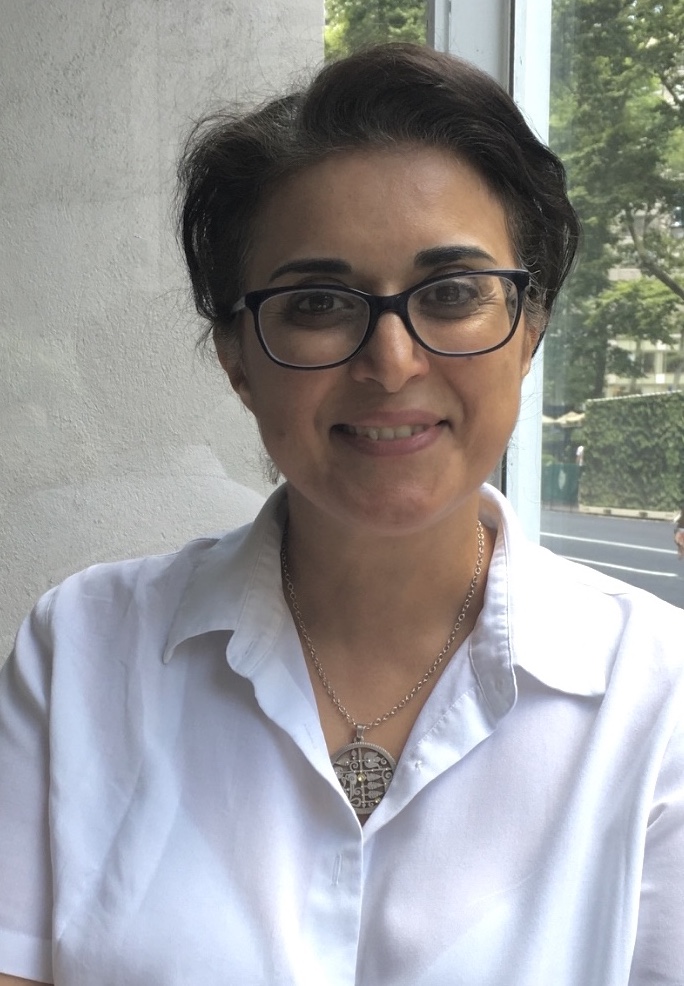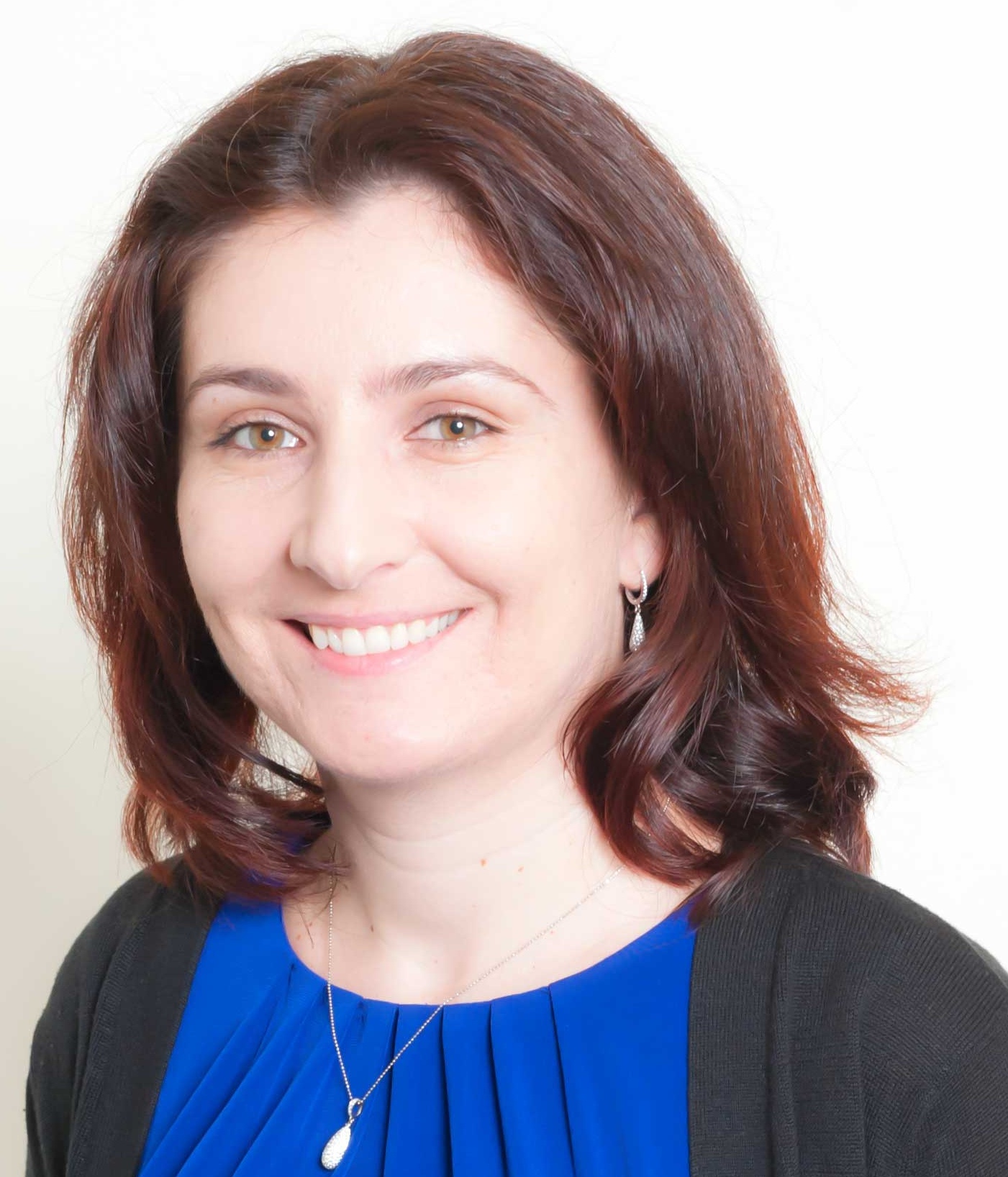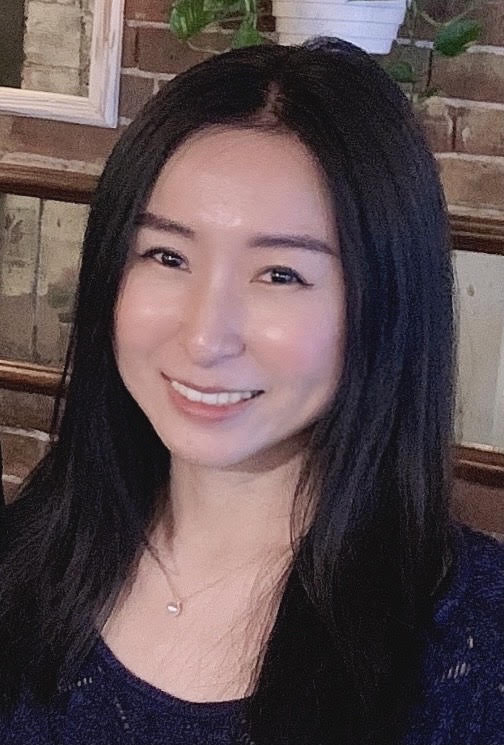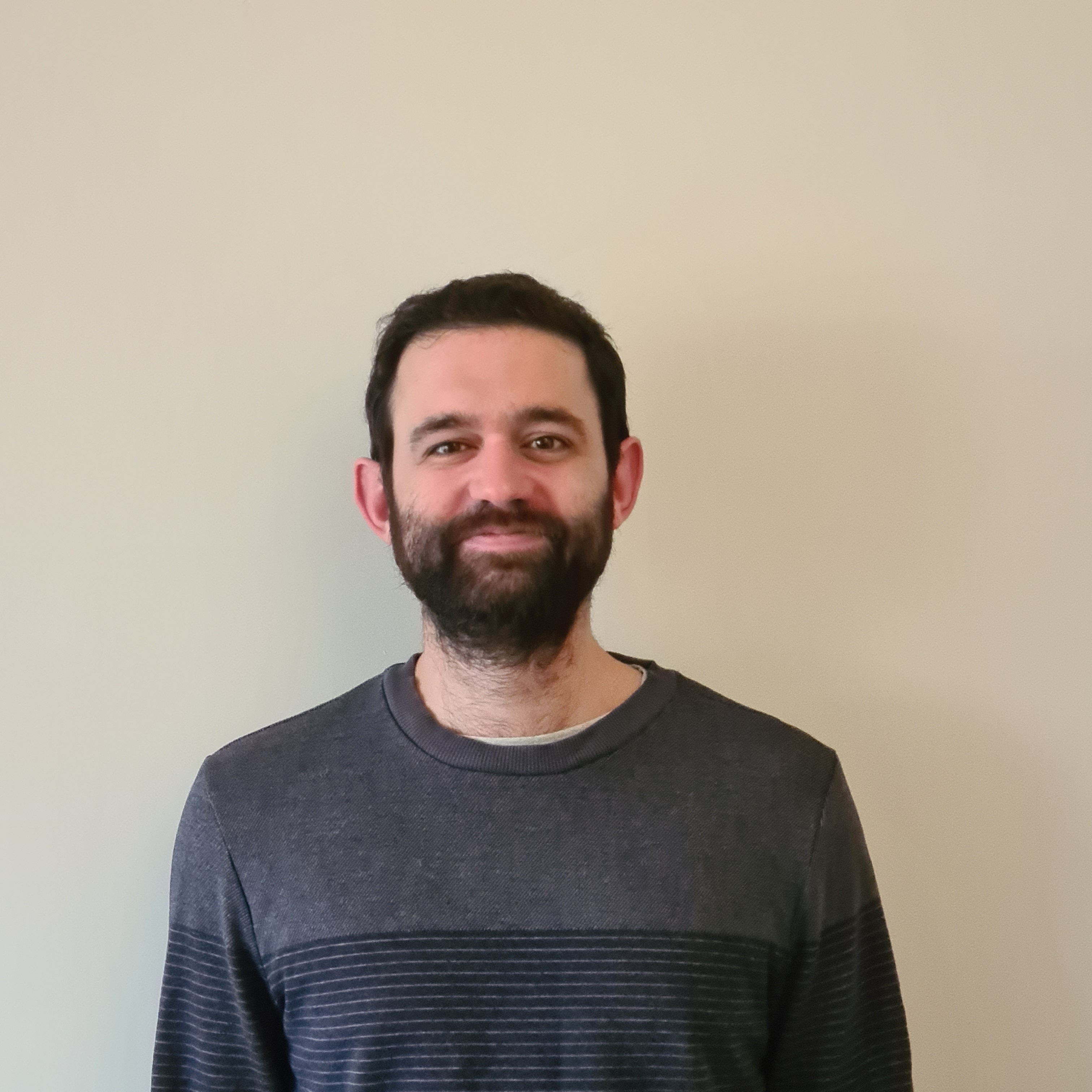Faculty Center Awards
Submissions are open! Due Friday, December 19th, 2025
The Faculty Center Awards are funded by the Farmingdale College Foundation.
Nominations for the Faculty Center Awards open in Fall Semester.
Eligibility Criteria: If you were awarded between 2020-2024 you are not eligible for the 2025/2026 cycle.
Please submit via Qualtrics. You will be asked to upload a PDF containing the requested information in each form.
Faculty Center Awards Submission
Download the Forms to edit in Word.
To Download:
- Click on File
- Click Download
- Click Microsoft Word
Innovative Pedagogy Award Guidelines
Innovative Pedagogy Award Nomination Form
Outstanding Faculty Mentorship Award Guidelines
Outstanding Faculty Mentorship Award Nomination Form
Inclusive Pedagogy Award Guidelines
Inclusive Pedagogy Award Nomination Form
Online Course of Distinction Guidelines
Online Course of Distinction Nomination Form
Two awards are available for Outstanding Scholarly Publication: STEM and Humanities
& Social Sciences
Outstanding Scholarly Publication Awards Guidelines
Outstanding Scholarly Publication Award Nomination Form
Previous Winners:
Innovative Pedagogy Award

We are proud to award Dr. Roshanak Keyghobadi the Faculty Center Award in Innovative Pedagogy.
To summarize some of the innovations in Dr. Keyghobadi’s Design Thinking Honors class:
Design Thinking supports the development of creative skills which can help students in all disciplines develop the confidence to approach problems imaginatively and independently. This allows students to build on the creative process that designers use to generate and visualize unique, human-centered solutions, and provides students a chance to collectively create well-crafted, elegantly designed solutions to complex problems related to themselves, others, and the society through practicing empathy, ideation, iteration, prototyping and critique.
The course is based on student-centered activities which require written and oral communication skills as students engage in oral and visual storytelling practices. Students discuss different possibilities and perspectives for re-thinking and revising the proposed solutions to determine the best possible direction while developing a deep understanding of the end users using ethnographic research methods.
The Faculty Center presents her award for her application of active learning strategies in her Honors level classes and introducing the Design thinking process to the Farmingdale curriculum.

We are proud to award Dr. Peter Park the Faculty Center Award in Innovative Pedagogy.
To summarize some of Dr. Park’s innovations:
He regularly employs a variety of active learning tools and evidence-based teaching methods to engage students in the course material, such as: real-time polling, to assess knowledge acquisition, and group activities that allow students to apply their knowledge as they build phylogenic trees and create Linnean Classification schemes. He encourages students to develop a strong repertoire of study strategies that can be applied to future classes including concepting mapping, developing of summary tables and drawing illustrations to learn key adaptations and evolutionary trends.
As part of his higher level courses he focuses on teaching students real world, practical scientific skills and applications with original inquiry based labs. This work culminates in a student research symposium where students have the opportunity to present posters summarizing their knowledge and research from the semester.
The Faculty Center presents his award for his application of active learning strategies in entry level Biology classes and introducing the virtual lab to the Biology curriculum.

We are proud to award Dr. Deborah Durbin the Faculty Center Award in Innovative Pedagogy.
To quote Dr. Durbin:
“The most common statement I hear upon entering an introductory chemistry class is one of fear or dread about the upcoming semester. Many students and adults dislike and fear chemistry because of a negative experience in school or college.
I think the largest challenge facing chemistry instructors is enhancing accessibility and learning experience to make chemistry more meaningful and understandable, while simultaneously stimulating strong material comprehension and ensuring laboratory safety.”
The Faculty Center presents her award for her implementation of active learning “How-To” sessions in her 100 level chemistry classes and the creation of a new in-house manual to increase safety in entry level chemistry classes.
Outstanding Faculty Mentorship Award

We are proud to award Dr. Sveltana Tlupova the Faculty Center Award in Outstanding Mentorship.
To quote Prof. Tlupova:
“My commitment to student mentoring arises from a deep conviction that research opportunities in mathematics and the sciences should be accessible to all who wish to explore them. By establishing professional yet supportive relationships with students, maintaining high standards while providing consistent guidance, and creating funded opportunities for research engagement, I strive to demonstrate that success in research comes through the dedication and perseverance that can be cultivated by people from all backgrounds. I am committed to the College’s mission to actively encourage and support student participation in scientific research, and feel privileged to mentor students through an experience that I believe is vitally important in preparing them for professional careers and advanced degree programs.”
The Faculty Center presents her award for her work engaging students to pursue their interests in research through her National Science Foundation grant which created semester-long research internship opportunities.

We are proud to award Prof. Eric Anderson the Faculty Center Award in Outstanding Mentorship.
To quote Prof. Anderson:
“I aim to guide and advise students to engage in hands-on experiences through mentoring that instills both competence and confidence. I guide them in navigating interactions with industry professionals, equipping them with the skills necessary for success in their evolving careers. Because we serve many first-generation students, I work to set an example in professional engagement, problem solving, and communication required for developing emerging talent. To bridge the gap between academia and the professional realm, I have guided students to competitions sponsored by industrial partners (through the regional project competition for the Associated Schools of Construction) and extracurricular activities with non-profit groups (such as Habitat for Humanity) with authentic parameters, constraints, and clients, thereby affording students a genuine experience reflective of their future careers. In fostering an environment of mentoring, I frequently invite external experts to engage with students, creating invaluable opportunities for networking and professional growth.”
The Faculty Center presents his award for his work organizing and mentoring students in applied learning projects with the Associate Schools of Construction, mentoring student national conference participation through the American Society for Engineering Education and involving the students in community service work with Habitat for Humanity.

We are proud to award Dr. Jack Simonson the Faculty Center Award in Outstanding Mentorship.
Quoting from his nomination: “He is engaged in mentoring undergraduate and high school students in authentic physics research, guiding students as primary and co-authorship to publish articles in peer-reviewed journals.
He is particularly dedicated to mentoring historically underrepresented and economically disadvantaged students and has entered into an enduring partnership with New York State’s STEP and CSTEP programs, which are designed to prepare students from these underserved populations to enter STEM careers.”
The Faculty Center presents his award for his work in mentoring students to participate in the research process, mentoring students to engage in graduate study research based on their experiences at Farmingdale, and for creating opportunity for students from marginalized communities to engage in the research process.
Humanities & Social Sciences Publication Award

We are proud to award Dr. Wei Shi the Faculty Center Award for her Outstanding Scholarly Publication in the Social Science and Humanities.
To quote Dr. Shi:
“The average new venture failure rate in the first year across the United States was 23.2% in 2023. There is limited understanding of the process of searching for knowledge, which is often regarded as the first critical step in new venture development. Based on interview data collected from 20 early-stage entrepreneurs in the knowledge-intensive industries in the New York metropolitan area, this research explored entrepreneurs’ use of communicative strategies in coping with knowledge ambiguity, contributing to the literature of knowledge management, computer-mediated communication (CMC) and entrepreneurial bricolage.
This study builds on the multidimensional concept of communication visibility to suggest that visibility could be managed to help break the constraints of immediate social network, uncover hidden resources in the environment, and diversify relational mechanisms for knowledge exchange.
Overall, this interdisciplinary research integrates theories from the fields of communication and entrepreneurship to extend our understanding of the cognitive and social processes of entrepreneurial information seeking and decision-making.”
The Faculty Center presents her award for her research on the impact of bricolage behavior and resourcefulness in knowledge management.

We are proud to award Dr. Kathryn Hauschild the Faculty Center Award for her Outstanding Scholarly Publication in the Social Science and Humanities.
To quote Dr. Hauschild:
“Facial emotion recognition differences in autism spectrum disorder are well-documented. However, far less is known about vocal emotion recognition in this population. Reported findings indicate that autistic youth had more difficulty accurately identifying vocal emotional expressions compared to their non-autistic peers.
This study provides a vital foundation for the ongoing examination of how vocal emotion recognition behavior and underlying neural mechanisms offer a unique, underexplored avenue of insight into social perception and cognition in autism. Despite apparent difficulties in the vocal domain, the majority of work on emotion recognition interventions focuses on facial emotion recognition across neurodevelopmental disorders, learning disabilities, and mild cognitive impairment.
This work provides a first step in characterizing the concurrent differences in vocal emotion recognition and facial emotion recognition abilities with the ultimate goal of better fostering multimodal social skill acquisition for autistic youth.”
The Faculty Center presents her award for her research on the impact of vocal emotion recognition on autistic youth.

We are proud to award Dr. Travis Holloway the Faculty Center Award in Social Science and Humanities Publication.
To quote his work: How to Live at the End of the World “How do we live at the end of the world? How do we write the story of our species differently? Or construct a democracy that does not belong to human beings alone? As we face down a new era of climate change, we require nothing short of a philosophy for the end of the world.”
The Faculty Center presents his award for his work in asking questions reach beyond the scope of a single discipline and address the very ideas of the spaces we inhabit and what are the rules that guide them and how do we create new rules around space and what types of spaces are needed in the future.
STEM Publication Award

We are proud to award Dr. Baris Cakmak the Faculty Center Award for his Outstanding Scholarly Publication in a STEM field.
To quote Dr. Cakmak:
“Machine learning is a rapidly growing field of research that involves the use of computational algorithms to estimate complex functions using large amounts of available data. These functions can then be used to make some predictions and identify patterns in given datasets. The main difference between the machine learning approach and other statistical models is that it allows a computer program to improve its performance or learn, without the need for explicit programming. In recent years, machine learning methods have achieved remarkable success in a wide range of applications, including natural language processing, image recognition, drug discovery, and finance.
Machine learning algorithms have been applied in many areas, including computer science, medicine, biology, and even social sciences. In physics, machine learning techniques have been extensively used in various research fields, encompassing cosmology, particle physics, condensed matter physics, and quantum computing.”
The Faculty Center presents his award for his research on predicting quantum synchronization using machine learning.

We are proud to award Dr. Kimberly Riegel the Faculty Center Award her Outstanding Scholarly Publication in a STEM field.
To quote Dr. Riegel:
“The return of supersonic travel is imminent as companies develop new supersonic aircrafts. Boom supersonic has already sold several aircraft to United Airlines and American Airlines with the anticipation that they will begin to fly in 2027. However, these aircraft are traditional supersonic aircraft with a loud sonic boom signature that is unacceptable to fly over land due to the negative impact that the noise would have on communities.
In order to ensure that the impact is minimal to the residents of the coastline, the aircraft slows down several thousand feet from the coastline to ensure that they are not creating dangerous sounds as they fly over. However, when Concorde was flying a phenomena called secondary sonic booms where the sound that usually travels upward bends back down toward the earth due to specific atmospheric conditions caused unexpected complaints from communities.
The significance of this paper is to predict when and where the secondary sonic booms might occur as these new aircraft are approaching the coastlines allowing the FAA to prepare for the secondary booms and require the aircraft to slow down further from the coastline to ensure no negative impact to residents.”
The Faculty Center presents her award for her research on the impact of secondary sonic booms on urban communities.


We are proud to award Dr Cristina Casa-Levine and Dr Luisa Nappo-Dattoma the Faculty Center Award in Science Technology Engineering and Mathematics Publication.
To quote their work: Upon graduating, dental hygienists are expected to enter the profession possessing the skills necessary to evaluate their performance, and implement changes that will improve their practices and patient care. This is supported by the Commission on Dental Accreditation.
The Faculty Center awards Dr. Cristina Casa-Levine and Dr. Luisa Nappo-Dattoma for their publication in the Journal of Dental Hygiene where they show the effects of self-assessment on clinical competence in dental hygiene education.
This work serves as an example of how self-assessment can affect the professional practice of clinical workers through their experiences in school and as they move into the professional field.
This work is a starting point for research on how self-assessment can be used in programs that lead to professional certifications and career tracks in STEM.
Inclusive Teaching Award

We are proud to award Ms. Megan Marchese the Faculty Center Award in Inclusive Teaching.
To summarize some of Ms. Marchese’s practices:
Librarians teach information literacy classes to subjects across all FSC disciplines, meeting the individual research needs of each class. Utilizing Pear Deck Ms. Marchese developed an inclusive lesson on understanding and locating primary sources.
Her lessons are supported by the practices of Universal Design for Learning and include strategies such as:
● Wait time - allowing students time to reflect on questions via audio, text, and images,
● Anonymous polling - allowing her to engage with nearly all students in the class, not only the students who feel comfortable raising their hands, which also engages students who are unsure of the correct answer providing them a meaningful way to participate.
● Learning from each other: her Pear Deck activity yields responses from nearly all students in the class, and not just a small handful of confident students who raise their hands, allowing students to participating when they otherwise would not have, and giving them the opportunity to learn from each other's responses
The Faculty Center presents her award for her use of inclusive teaching practices in the Library’s information literacy classes.
Online Course of Distinction

We are proud to award Dr. Briana Gonzalez the Faculty Center Award for Online Course of Distinction.
Dr Gonzalez’s course was also nominated by Distance Learning to be showcased as an exemplar in the SUNY Online Course for Observation program. This program highlights outstanding online instruction and course design and allows faculty and instructional designers across the SUNY system to observe the course to help with developing, improving, or revising their own online courses.
To summarize some of Dr. Gonzalez’s best practices and innovations:
The layout is designed to have a consistent layout that navigates the students through the course including curated content for each week and additional resources for students to explore. Accessibility was at the center of her online course design as she created accessible images, video and text to make her course inclusive to a wide range of learners. She uses essential questions each week to engage the students in the topic of week and encourage their response. Her online class includes formative assessments with low-stakes quizzes, and discussion boards, allowing retrieval practice and student-to-student engagement. Her personal welcome invites students to engage in the online course and walk students through the course layout and design. She also includes a variety of virtual simulations activities and experiments to provide a more hands-on experience in her online class.
The Faculty Center presents her this award for her online Intro to Biospychology classes.
Jennifer Jaiswal
Director of The Faculty Center